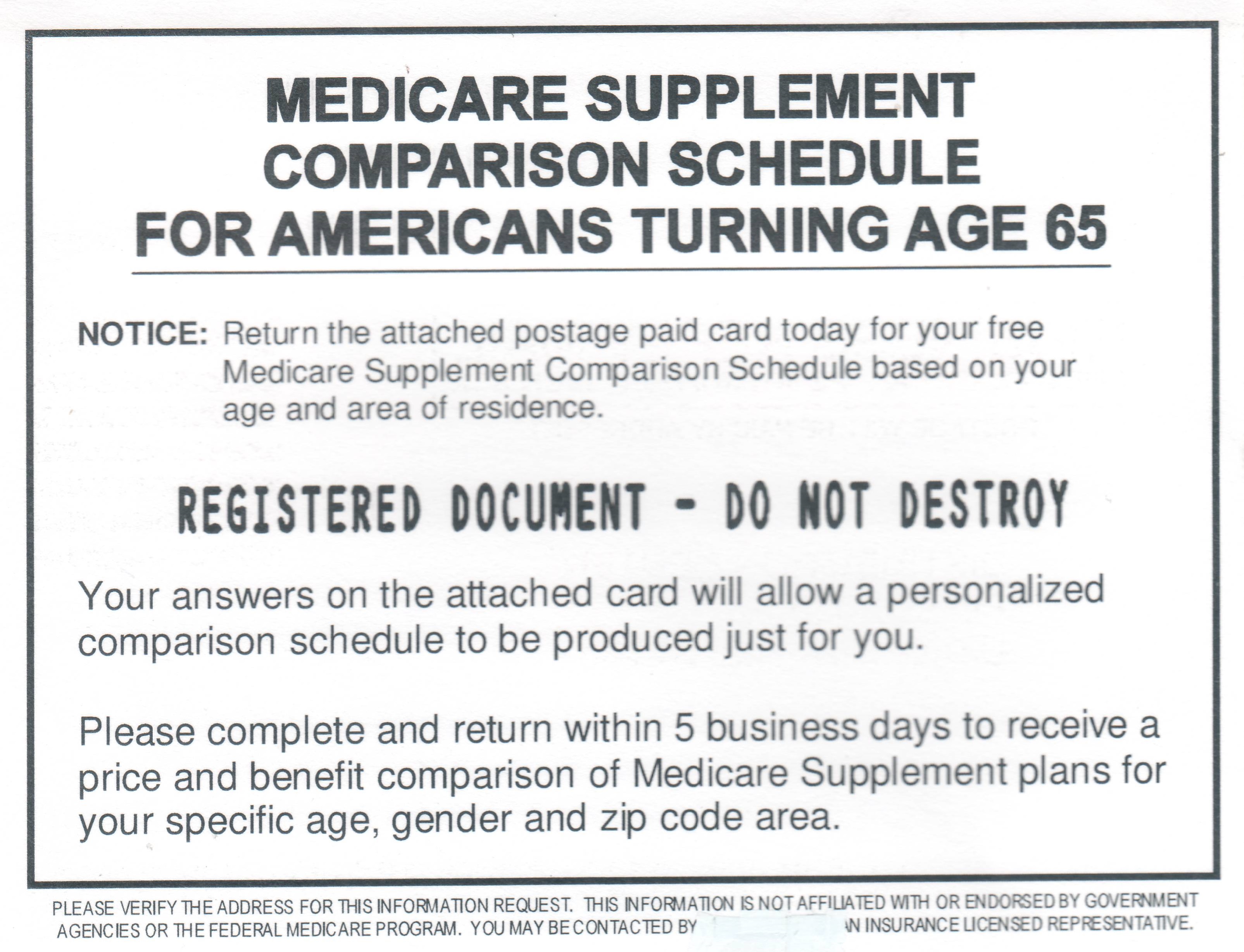
Why You Can Try a Medicare Advantage Plan at No Risk
Infomercials have done it for years. When people feel uneasy about trying a new product, they offer a free trial or a money back guarantee. It provides security for the buyer to know that even if the supposed benefits of a product were oversold or blown out of proportion, he can still send it back. There’s no risk.
Well, Medicare offers something very similar. It’s called the “Medicare Advantage Trial Right”.
A lot of people are uncomfortable with trying Medicare Advantage because they don’t want to feel trapped in a plan they hate until the next Annual Enrollment Period. The trial period takes this risk away. As long as it will be your first time enrolling in a Medicare Advantage Plan, you qualify for Medicare Trial Right! This means that—no matter what time of year it is—you can drop your Medicare Advantage plan with no penalty and enroll in a Medicare Supplement Plan. This “free trial” period lasts 12 months from the date the Advantage Plan coverage goes into effect.
But as the infomercial cliché puts so obnoxiously…
WAIT…There’s More!
Some people believe that if they have pre-existing conditions and get on an Advantage Plan, they will be denied switching back to a Medicare Supplement Policy based on their health. In other words, they think that if they give up their Supplement for an Advantage Plan, they will never get it back. But that’s where the “money back guarantee” part of the deal comes in. Regardless of health, the Medicare Trial Right guarantees that you will be able to get back on a Supplement, no medical underwriting involved.
It’s true that Medicare Advantage plans are alluring with their sometimes shockingly low premiums. But they aren’t always the right fit for retirees. They change unpredictably and can be quite a hassle. This is why the Trial Right is so beneficial. It allows you to try a plan on for size, and then toss it back on the rack. To test drive it around the block, and then park it in the lot if it doesn’t meet your standards. And all the while, it guarantees that your old, trusty Medicare Supplement will be there.
Want to look into switching to a Medicare Advantage Plan? Call Seniormark at 937-492-8800 for a free consultation.
Other questions about what to do during Medicare Annual Enrollment? Download our Annual Enrollment Checklist and you can relax when it is complete!



 It has been brought to our attention (thanks to our clients) that several medicare supplement/medicare advantage agents in the area have been going door to door soliciting new business.
It has been brought to our attention (thanks to our clients) that several medicare supplement/medicare advantage agents in the area have been going door to door soliciting new business.

